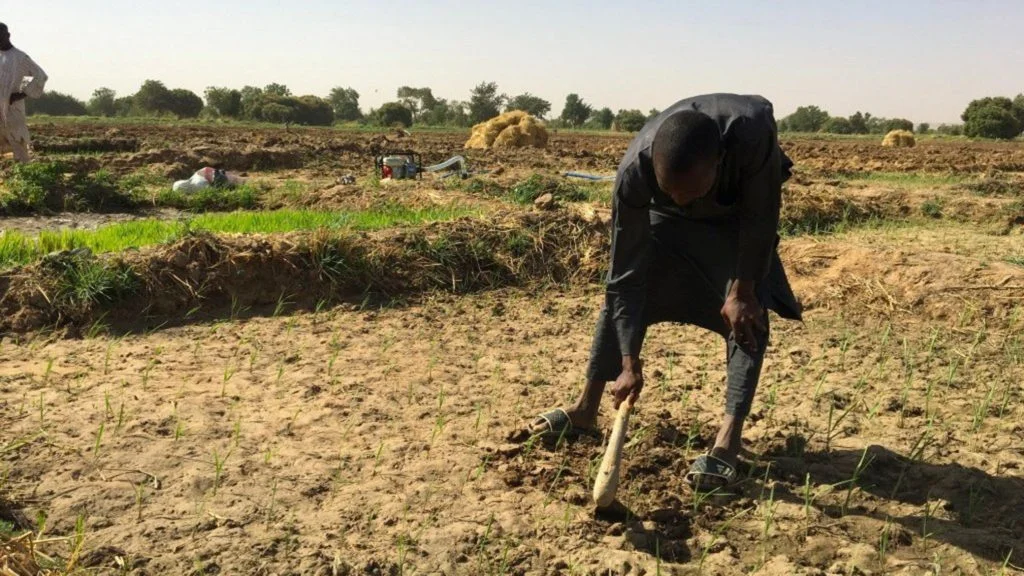However the courts resolve the pending litigations on the constitutionality of the declaration of state of emergency in Plateau State six months ago, the place of that singular decision of the Obasanjo administration is firmly secured in Nigeria’s constitutional and political history.
Read MoreAgain, let me say that I am not readily inclined to draw simplistic comparisons between Nigeria’s political culture and what obtains in long established western democracies. Yet, it borders on the irresistible to, at least, contemplate how much our politicians and so called leaders at different levels of public service get away with. Just a casual reference to a different political culture elsewhere could serve my purpose here.
Read MoreTwo subjects competed for my writing commitment in the last month. If you are a keen watcher of events in Nigeria, you could possibly offer a correct guess. But do not bother. Let me tell you what they were. The first relates to the complicity of Mr. President, the Balogun of Owu, on the Owu Obaship tussle. The other is the Okija horror.
Read MoreIndiana Journal of Global Legal Studies
Vol. 11, No. 2 (2004)
We need foreign direct investments (FDI) in Nigeria. In the globalization era, only few would question the need for FDI as part of Nigeria’s strategic economic policy. The Obasanjo government has been passionate about FDI at least on propaganda basis. The unprecedented number of presidential trips associated with the pursuit of FDI attest to government’s desperation. But we know that investors, being the business people they are, make their investment commitments on hard and verifiable facts.
Read MoreLaw Text Culture
Vol. 8 (2004), pp. 191-230
Queen’s Law Journal
Vol. 30 (2004)
The Senate President, Adolphus Wabara, sounds like a man who wants his name on the good pages of history. Who would not? Wabara is also equally conscious of the amazing recycling, or turner over rate of the occupants of his present office since our putative democratic experiment in 1999. Naturally, he wants to keep his job and would do his best to ensure that his tenure is not truncated. It does seem, however, that he has un/consciously limited himself to one way of keeping his job: stooping to conquer, whatever that means.
Read MoreA friend of mine, Chinedu Idike, once asked me: “Who is a gentleman?” Before I could figure out what may have prompted that question or where he was drifting our discussion to, he saved me an imminent embarrassment. His inquisition caught me off guard. I did not have an answer save to think about what Fela had to say on the subject. Thankfully, he volunteered a response to his bizarre question.
Read MoreAustralian Intellectual Property Journal
Vol. 15, No. 1 (February 2004)
Southern Cross University Law Review
Vol. 7 (2003)
St. Thomas Law Review
Vol. 16, No. 1 (2003)
Genetic Use Restriction Technologies (GURTs) have attracted intense international debate, as many public interest groups and developing country governments have concerns about the role of technology in locking up the benefits and undermining concerns over biodiversity, biosafety, intellectual property rights, traditional knowledge, food security, health, and economic dependence.
Read MoreInternational Review of Industrial Property and Copyright Law
Vol. 30, No. 6 (1999)
Co-authored w/ Adebambo Adewopo
Managing Intellectual Property: Trademark Yearbook 1997
Co-authored with Grace Akinosho
Managing Intellectual Property: Trademark Yearbook 1996
Co-authored with Abimbola Ogunbanjo















